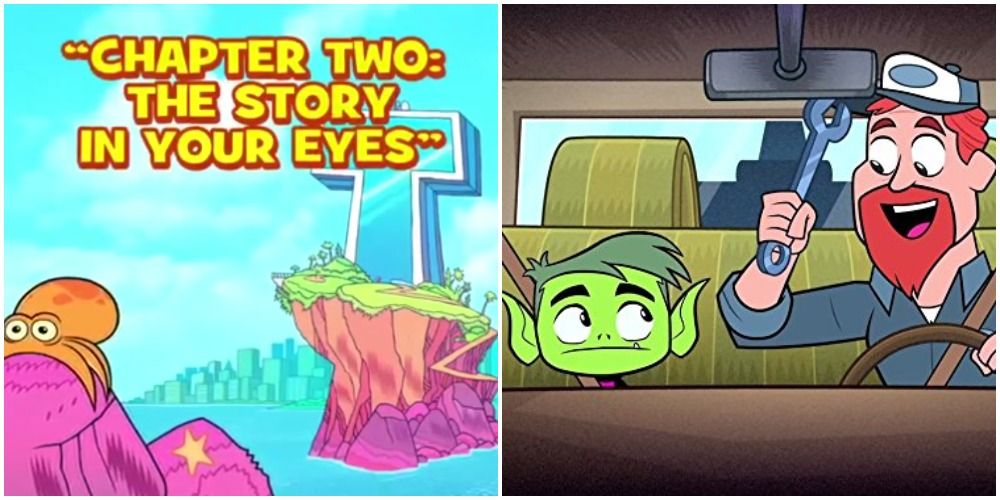

They wanted to show off her voice, and ballads are the obvious way to do that. It’s easy enough to understand why Columbia wanted to focus most of the attention on Carey’s ballads. So maybe “Someday” served as some kind of blueprint for what she’d do later on. Carey’s early singles were mostly ballads, but over the whole course of her career, Carey’s biggest and best songs have mostly been her dance-pop bangers. That guitar solo is butt.īut even with that mercifully brief guitar solo, “Someday” is still a sleek and energetic jam. In the liner notes of her 2015 compilation #1 To Infinity, Carey wrote that she wishes she could “delete some of the overproduction.” She’s apparently especially annoyed about the guitar solo that Wake added. (Wake produced Dayne’s sole #1 hit “ Love Will Lead You Back.”) Wake based the final version of the song on the demo that Carey and Ben Margulies had made, but Carey later admitted that she wasn’t too fond of some of his embellishments. When Carey recorded the album version of “Someday,” she worked with Ric Wake, a producer who’d helped develop Taylor Dayne into a star. “Someday” was one of the four songs on that demo tape, which means it’s one of the songs that convinced Mottola to sign Carey. Tommy Mottola famously signed Mariah Carey after he grabbed her demo tape at a party. In 1988, when Carey and Margulies came up with “Someday,” that must’ve been a pretty novel approach programmed beats, after all, were still a relatively new development. That’s basically the same writing method that a whole lot of rappers use today.
#I hate the night begins to shine song how to#
While Margulies tinkered with the beat, Carey came up with all sorts of melodic hooks, then put them to lyrics and figured out how to fit them all together. Margulies had put together a sleek, percussive beat. This will be Margulies’ last time in this column, though he’s stuck around in the music business ever since.) The two of of them assembled “Someday” in the studio, with Carey improvising melodies and lyrics. A few weeks later, Carey’s third single became her third #1 hit.Ĭarey co-wrote “Someday” with Ben Margulies, the guy who owned the studio where she recorded her first demos and who also co-wrote “Vision Of Love” and “Love Takes Time.” (After that first album, Carey and Margulies fell out. The album charts in the era just before SoundScan are beautifully weird.) So those Grammy Awards came in the middle of a seriously dominant run. (The album that finally kicked Carey out of the top spot was R.E.M.’s Out Of Time.

Carey’s album held that #1 spot for 15 weeks. In the first week of February, though, Mariah Carey knocked To The Extreme out of the #1 spot. From July to February, nothing was getting past MC Hammer’s Please Hammer Don’t Hurt ‘Em and Vanilla Ice’s To The Extreme. For the entire second half of 1990, two pop-rap blockbusters had utterly dominated those album charts.

A few weeks before Grammy night, the Mariah Carey LP finally climbed to the top of the Billboard album charts. It’s a 3.)īut Mariah Carey’s star was still ascendant. Carey was nominated for all four major awards, but she lost the other ones to Phil Collins and Quincy Jones and Bette Midler’s “ From A Distance” - choices that must’ve seemed safe in the moment and that now look utterly deranged. Given all of that, it’s almost a surprise that the Grammys didn’t hand Carey all four major awards right away, giving her the same sweep that Christopher Cross had gotten years before and that Billie Eilish would get years later. Emerging when she did, Mariah Carey became a new figurehead for the whole industry, moving both pop and R&B toward the showy vocal theatrics that would dominate the next decade and immediately establishing herself as a supernova-level star.Ĭarey’s self-titled debut album was already triple platinum on Grammy night, and her first two singles, “ Vision Of Love” and “ Love Takes Time,” had already reached #1. But Carey also had an absurd once-in-a-generation voice, and she wasn’t shy about showing it off. She was young and beautiful and hugely popular, and all those things had been true about Milli Vanilli, too. So Mariah Carey came along at the exact right moment. A few months later, when the world learned that Fab Morvan and Rob Pilatus hadn’t sung a note on Milli Vanilli’s album, the entire business went into a frantic shame-spiral. The previous year, the Grammys had given Best New Artist to Milli Vanilli. In 1991, the music business needed Mariah Carey.

Carey was never going to lose that award.


 0 kommentar(er)
0 kommentar(er)
